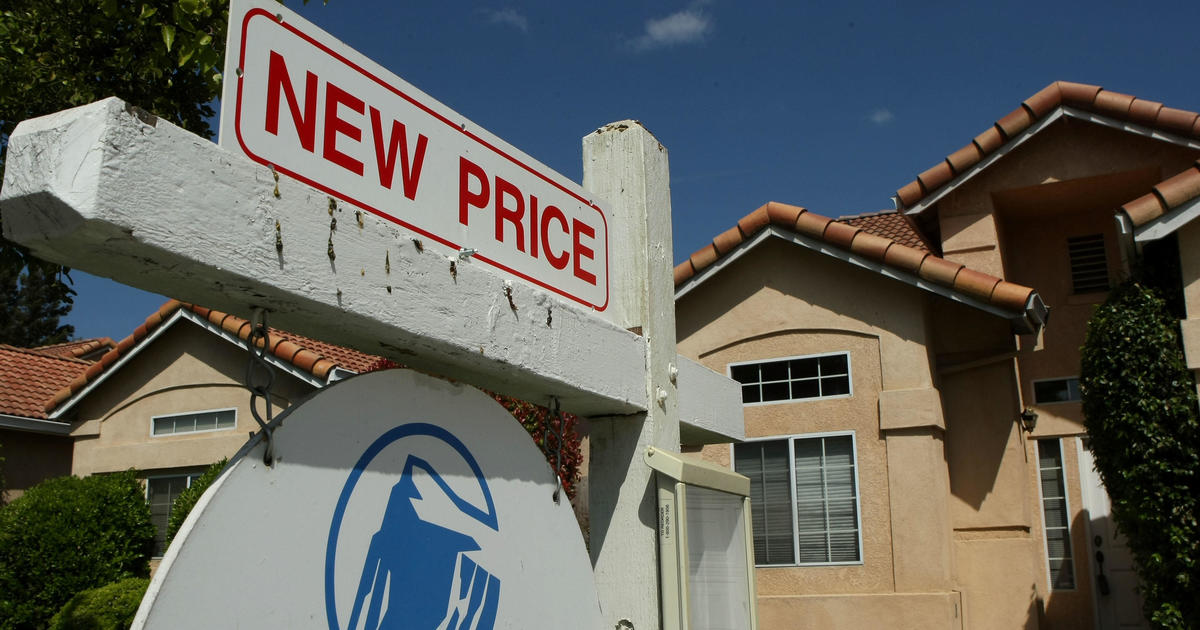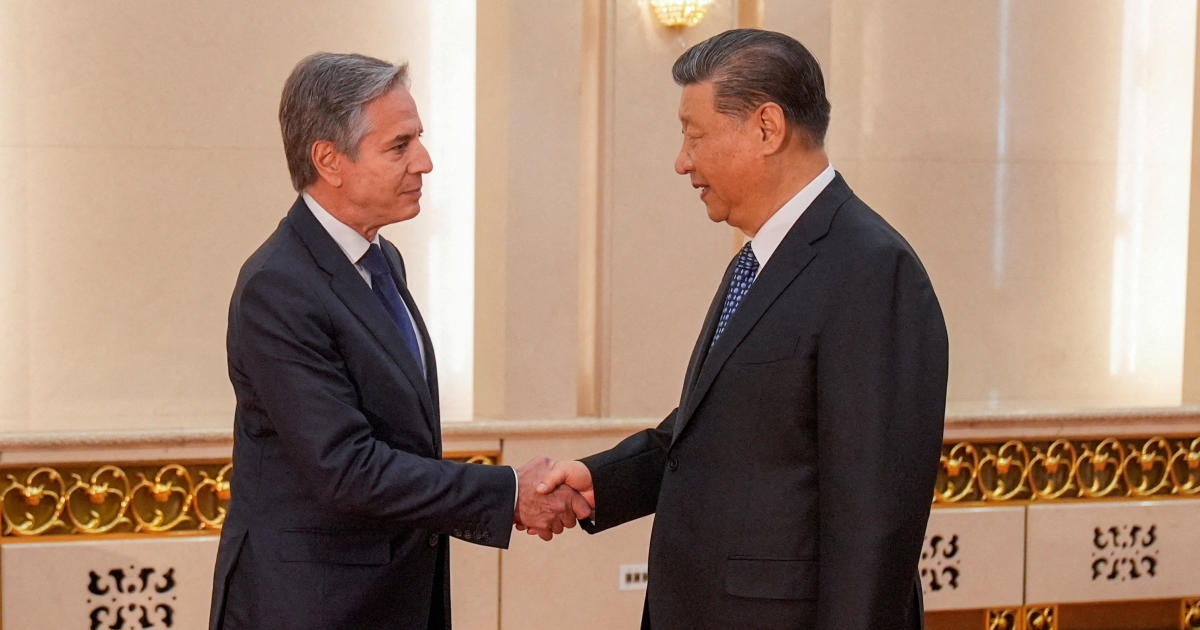Stocks up as investors focus on economy ahead of retail earnings
Stocks on Wall Street recovered from early losses and turned higher in afternoon trading Monday as investors remain focused on the economy and on several updates from retailers this week.
The S&P 500 rose 20 points, or 0.5%, to 4,300 as of 3:50 p.m. Eastern. The benchmark index has risen for four straight weeks and is up 13% so far in the third quarter, although it's still lower for the year.
The Dow Jones Industrial Average rose 162 points, or 0.5%, to 33,922 and the Nasdaq rose 0.7%.
Smaller company stocks rallied, nudging the Russell 2000 index 0.2% higher.
All but two of the 11 sectors in the S&P 500 were higher in afternoon trading, led by technology stocks. Retailers and other companies that rely on direct consumer spending also rose. Visa gained 2.5% and Costco added 1.2%.
Moderna rose 2.4% after British regulators authorized an updated version of its COVID-19 vaccine.
Walmart and Home Depot kick off a host of retail earnings reports on Tuesday, followed by Lowe's and Target on Wednesday. U.S. markets were roughed up three months ago when first-quarter financial reports from major retailers revealed a seismic shift in spending by Americans, and a significant struggle to deal with surging inflation on food and fuel and higher costs from a snarled global supply chain.
On Wednesday, the U.S. releases data on July retail sales. Economists surveyed by FactSet expect modest 0.2% growth from June, when sales rose 1%. That increase largely reflected higher prices, particularly for gas. But it also showed that Americans continue to spend, providing crucial support for the economy, though some economists suggest that's mostly coming from higher-income households.
Businesses have been raising prices on everything from food to clothing to offset higher costs. The impact from Russia's invasion of Ukraine worsened inflation pressures by fueling higher energy and key food commodity costs.
China cuts key interest rate
The market got off to a bumpy start as traders reacted to news overnight that China's central bank trimmed a key interest rate Monday to shore up sagging economic growth at a politically sensitive time when President Xi Jinping is trying to extend his hold on power.
The People's Bank of China cut its rate on a one-year loan to 2.75% from 2.85% and injected an extra 400 billion yuan ($60 billion) in lending markets after government data showed July factory output and retail sales weakened.
The move is the latest warning for markets already on edge over record-high inflation and fears about recessions in the U.S. and elsewhere.
"China's economy clearly hit a speed bump in bump in July as the post-Shanghai/Beijing reopening recovery fades and the surprise rate cut isn't nearly large enough to reverse the huge headwinds created by the zero-tolerance approach to COVID," equities analyst Adam Crisafulli of Vital Knowledge said in a report.
China is the world's second-largest consumer of crude oil, so the news weighed on energy prices. U.S. crude oil prices slumped 3.3% on worries about the global economy and weighed heavily on energy stocks. Chevron fell 1.9%.
Brent crude oil, the basis for pricing for international trading, gave up $4.62 to $93.53 per barrel.
On Friday, Wall Street capped a choppy week of trading with a broad rally, as the S&P 500 notched its fourth consecutive weekly gain.
"More volatility to come"
Major indexes got a big bump on Wednesday after a report showed that inflation cooled more than expected last month. Another report on Thursday showed inflation at the wholesale level also slowed more than expected.
They raised hopes among investors that inflation may be close to a peak and that the Federal Reserve could ease off on interest rate hikes, its main tool for fighting inflation.
"While the inflation dark clouds appear to be finally parting, like the weather inflation can be very unpredictable," Solita Marcelli, chief investment officer for the Americas at UBS Global Wealth Management wrote in a recent note, cautioning investors not to get their hopes up too high for an easing of Fed hikes.
"There is a decent risk that the Fed has to hike rates more than we and the market are currently expecting, a possibility that would quickly cool the warming sentiment," Marcelli said, adding that investors should "remain prepared for more volatility to come as the weather cools."
The aggressive pace of rate hikes has investors worried that the Fed could steer the economy into a recession.



